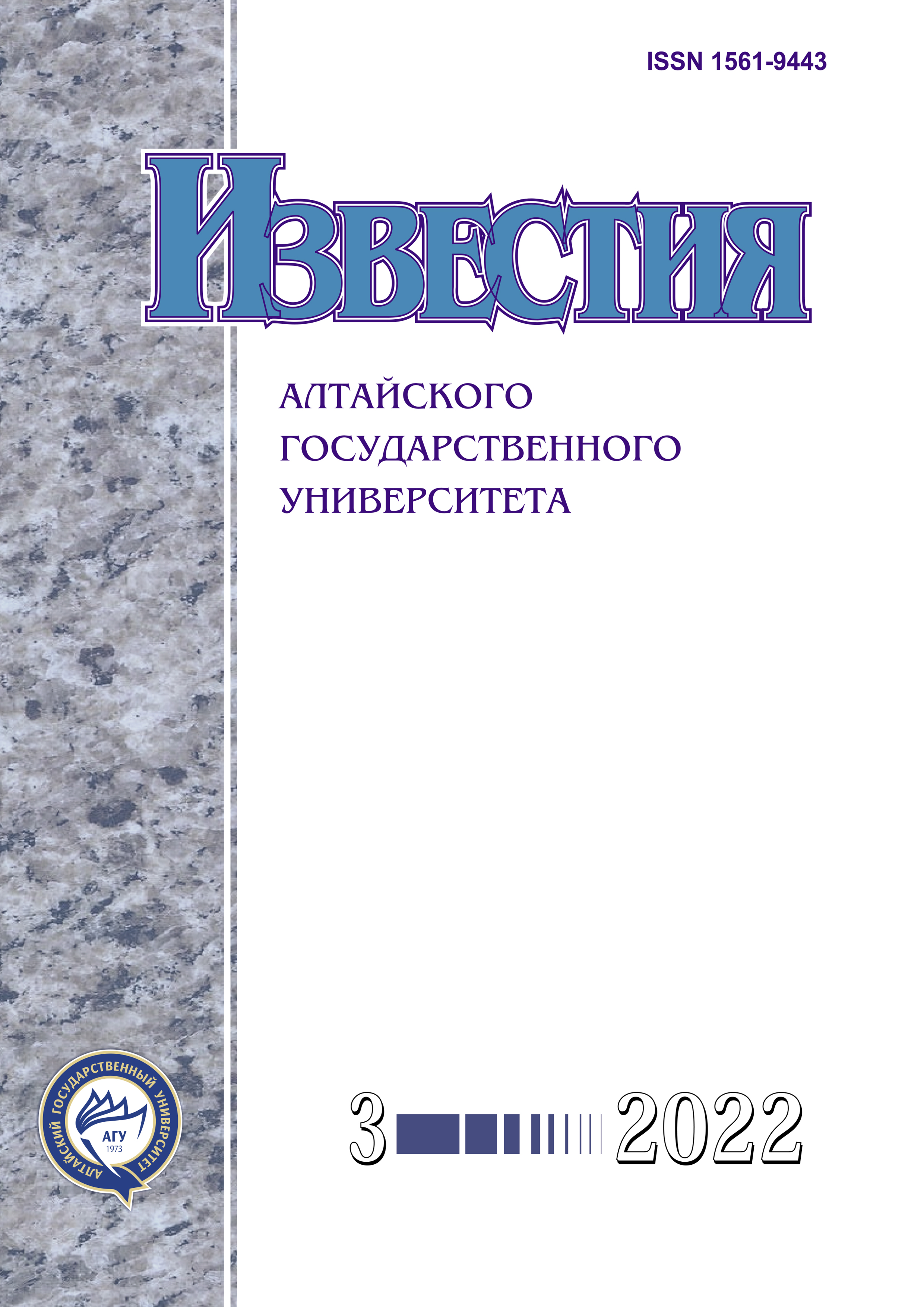Participation of the Organization of the Islamic Conference in the Settlement of the Bosnian Crisis of 1992-1995
УДК 327 ББК 66.4(4/8)
Abstract
The Bosnian Crisis became a milestone in the process of disintegration of Yugoslavia. An important role in the development and settlement of the conflict was played by external actors, represented both by the countries of the West, as well as NATO and the EU, and by the Muslim community, which actively supported their co-religionists in Bosnia. On behalf of the latter, the Organization of the Islamic Conference (OIC, since 2011 — the Organization of Islamic Cooperation), which is the most authoritative and representative Muslim international organization, spoke. The position of the OIC, its interaction with the Bosnian leadership and other parties to the conflict significantly influenced the outcome of the Bosnian Crisis, despite the fact that most researchers tend to classify the OIC as a secondary participant in the process. The topic of the Bosnian conflict became one of the key ones at several conferences of foreign ministers of the OIC member countries, and the consolidated position of Muslim states developed at them in support of the Bosnians, according to the authors, prompted other stakeholders in the issue of resolving the conflict to more decisive action. The organization itself pursued the goal of including Bosnia and Herzegovina in its sphere of influence, but in the future this Balkan state will never become a member of the OIC, being content with observer status to this day. Nevertheless, the impact of international Islamic structures and, above all, the OIC on the course of hostilities and the political settlement in Bosnia and Herzegovina was a significant factor that retained its significance in the post-war period. Thus, the study of the history of interaction between the OIC and the Bosnian side seems relevant in order to identify the role and influence of the Islamic world on political processes in the Western Balkans and, above all, in Bosnia and Herzegovina.
Downloads
Metrics
References
Никифоров К.В. Боснийский кризис и позиция России, 1992-1995 гг.: дис. ... д-ра ист. наук. М., 2000.
Karcic H. In Support of a Non-member State: the Organization of Islamic Conference and the War in Bosnia, 1992-1995 // Journal of Muslim Minority Affairs. Vol. 33, Issue 3, 2013.
Tatar V, Toprak N.G. Reflections of the Organization of the Islamic Conference Meetings during the Bosnia-Herzegovina War to the Turkish Press // Journal of Politics and World Affairs. Vol 1, No 1, 2012. URL: http://www.sign-ific-ance.co.uk/index.php/JOPWA/artide/view/48/48.
Haynes J. Religious Transnational Actors and Soft Power. London, 2012.
Pivovarenko A. The Political Statistics of Bosnia and Herzegovina // RIAC. July 6, 2016. URL: https://russiancouncil. ru/en/analytics-and-comments/columns/southeasteurope/ the-political-statistics-of-bosnia-and-herzegovina.
S/RES/713 Security Council Resolution 713 (1991). 25.09.1991. URL: https://www.refworld.org/docid/3b00f16f1c. html.
Aldrich, R. America Used Islamists to Arm the Bosnian Muslims // The Guardian. 22.04.2002. URL: https://www. theguardian.com/world/2002/apr/22/warcrimes.comment.
Устав ООН. Глава VII. Действия в отношении угрозы миру, нарушений мира и актов агрессии. URL: https:// www.un.org/securitycouncil/ru/content/repertoire/actions.
Final Communique of 21st Conference of the Foreign Ministers. Karachi, Islamic Republic of Pakistan. 25-29 April 1993. URL: https://www.oic-oci.org/ docdown/?docID=4325&refID=1216.
Final Communique of 22nd Conference of the Foreign Ministers. Casablanca, Kingdom of Morocco. 10-12 December, 1994. URL: https://www.oic-oci.org/docdown/?do cID=4320&refID=1212
Савоськин А.М. Резня в Сребренице 1995 года в освещении босняцкой и сербской сторон // Дневник Алтайской школы политических исследований № 37: Современная Россия и мир: альтернативы развития (Формирование региональной идентичности и политика исторической памяти). Барнаул, 2021.
Гуськова Е.Ю. История югославского кризиса (1990-2000). М., 2001.
Final Communique of 23 Conference of the Foreign Ministers. Conakry, Republic of Guinea. 9-12 December 1995. URL: https://www.oic-oci.org/docdown/?docID=4313&refID=1215.
Copyright (c) 2022 Алексей Максимович Савоськин , Олег Юрьевич Курныкин

This work is licensed under a Creative Commons Attribution 4.0 International License.
Izvestiya of Altai State University is a golden publisher, as we allow self-archiving, but most importantly we are fully transparent about your rights.
Authors may present and discuss their findings ahead of publication: at biological or scientific conferences, on preprint servers, in public databases, and in blogs, wikis, tweets, and other informal communication channels.
Izvestiya of Altai State University allows authors to deposit manuscripts (currently under review or those for intended submission to Izvestiya of Altai State University) in non-commercial, pre-print servers such as ArXiv.
Authors who publish with this journal agree to the following terms:
- Authors retain copyright and grant the journal right of first publication with the work simultaneously licensed under a Creative Commons Attribution License (CC BY 4.0) that allows others to share the work with an acknowledgement of the work's authorship and initial publication in this journal.
- Authors are able to enter into separate, additional contractual arrangements for the non-exclusive distribution of the journal's published version of the work (e.g., post it to an institutional repository or publish it in a book), with an acknowledgement of its initial publication in this journal.
- Authors are permitted and encouraged to post their work online (e.g., in institutional repositories or on their website) prior to and during the submission process, as it can lead to productive exchanges, as well as earlier and greater citation of published work (See The Effect of Open Access).








